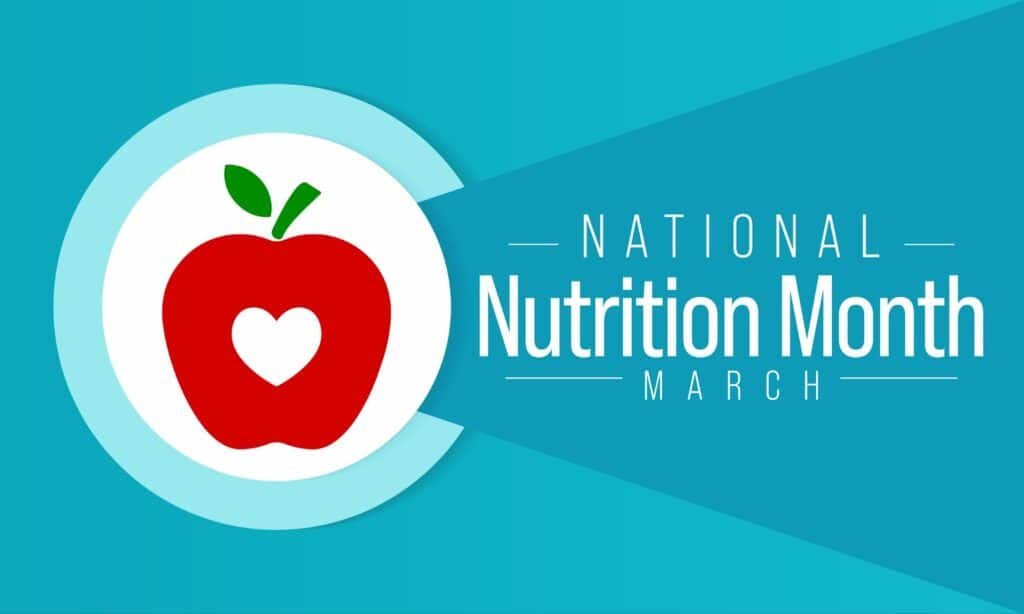Balancing Your Body: Understanding the Importance of Maintaining a Healthy Weight
Maintaining a good body weight goes far beyond the satisfaction of slipping into your favorite pair of jeans or turning heads at the beach; keeping excess weight off has a multitude of health benefits that will keep you moving for years to come.
What is considered a healthy weight?
Though it can vary from person to person, those with a body mass index (BMI) roughly between 18.5 and 24.9 are considered to be within a healthy weight range. BMI is calculated by dividing your weight by your height.
Let’s take a look at just a few of the many upsides to keeping your weight at a healthy level:
1) Healthy weight = healthier you
One of the biggest reasons for maintaining a proper body weight is that research shows that excessive weight increases the risk of exacerbating certain gastrointestinal conditions, including:
- Abdominal bloating
- Anorectal and pelvic floor dysfunction
- Diverticulitis
- Gallstones
- Gastroesophageal reflux disease (GERD)
- Hemorrhoids
- Irritable bowel syndrome (IBS)
- Polyps
Other serious health complications that may develop include:
- Arthritis
- Asthma
- Cancer
- Cardiovascular disease
- Cataracts
- Diabetes
- Heart attack
- Infertility
- Stroke
Fortunately, if you are overweight, you can decrease your chances of developing or aggravating these and other conditions by slowly losing five to 10 percent of your body weight over a few months.
2) You’ll have pep in your step
Shedding extra pounds means there’s less of you to carry around, giving you more energy to enjoy more activities, such as playing with your children or grandchildren, walking the dog and traveling to new destinations.
3) You’ll rest easier
Research has suggested that poor sleep quality may be the result of excess weight. By taking and keeping weight off, you may just be able to fit some extra Z’s into your routine. It may also help to reduce the occurrence of sleep apnea, a condition in which breathing can repeatedly stop and start throughout the night.
4) You’ll keep chronic symptoms at bay
In many cases, excess weight can make symptoms you may have as the result of certain conditions significantly worse and/or reoccur more frequently. This is especially true of gastrointestinal conditions, such as acid reflux. By getting rid of extra weight, you may see an alleviation of symptoms.
What can I do to maintain a healthy weight?
After excluding any other factors that may contribute to excess weight and ensuring that a change in habit will not pose a health risk, one of the best ways to maintain a healthy weight is by abiding by the energy balance. With this, the number of calories you ingest from eating and drinking (energy in) is balanced with the energy your body burns from every day actions, such as breathing, digesting and moving (energy out).
The guidelines for energy balance are as follows:
- The same amount of energy IN and energy OUT over time = maintaining weight (energy balance)
- More energy IN than OUT over time = weight gain
- More energy OUT than IN over time = weight loss
This is a process that occurs over the course of time. It does not have to be exact every single day.
In order to maintain a healthy weight:
- Follow a healthy diet
- Be physically active (e.g., taking a 30-minute walk/day)
- Limit the amount of time spent being sedentary
If you’re unsure where to start your weight-loss journey, consult the specialists at our comprehensive weight loss center to help you get on track to a healthier you.
For more information, contact Digestive Healthcare Center today.
Make an Appointment for Comprehensive Digestive Care in NJ
At Digestive Healthcare Center, we want each patient at our three offices in New Jersey to feel confident about their digestive health. We encourage you to contact us today to make an appointment with one of our expert gastroenterologists – don’t wait to start putting your digestive health first!
Recent Blogs
Learn more about all things digestive health and wellness by checking out our recent gastroenterology blogs.

Diverticular disease and diverticulitis are related digestive health conditions that affect the large intestine (colon). With diverticular disease, small, bulging pockets develop on the lining of the colon. When these pockets become inflamed or infected, the condition is called diverticulitis. They are very common – especially after age 40 – and rarely cause problems. At […]

Many Americans like to set New Year’s resolutions to make positive lifestyle changes such as improving their diet and going to the gym. However, March is also a great time for a healthy focus, especially as the long winter season comes to an end. National Nutrition Month, sponsored by the Academy of Nutrition and Dietetics, […]

Gallstones form when bile stored in the gallbladder hardens. Your gallbladder is a small, pear-shaped organ on the right side of your abdomen, just beneath your liver. It holds a digestive fluid called bile that’s released into your small intestine. Gallstones are pebble-like pieces of concentrated bile material, typically made up of cholesterol or bilirubin […]
























